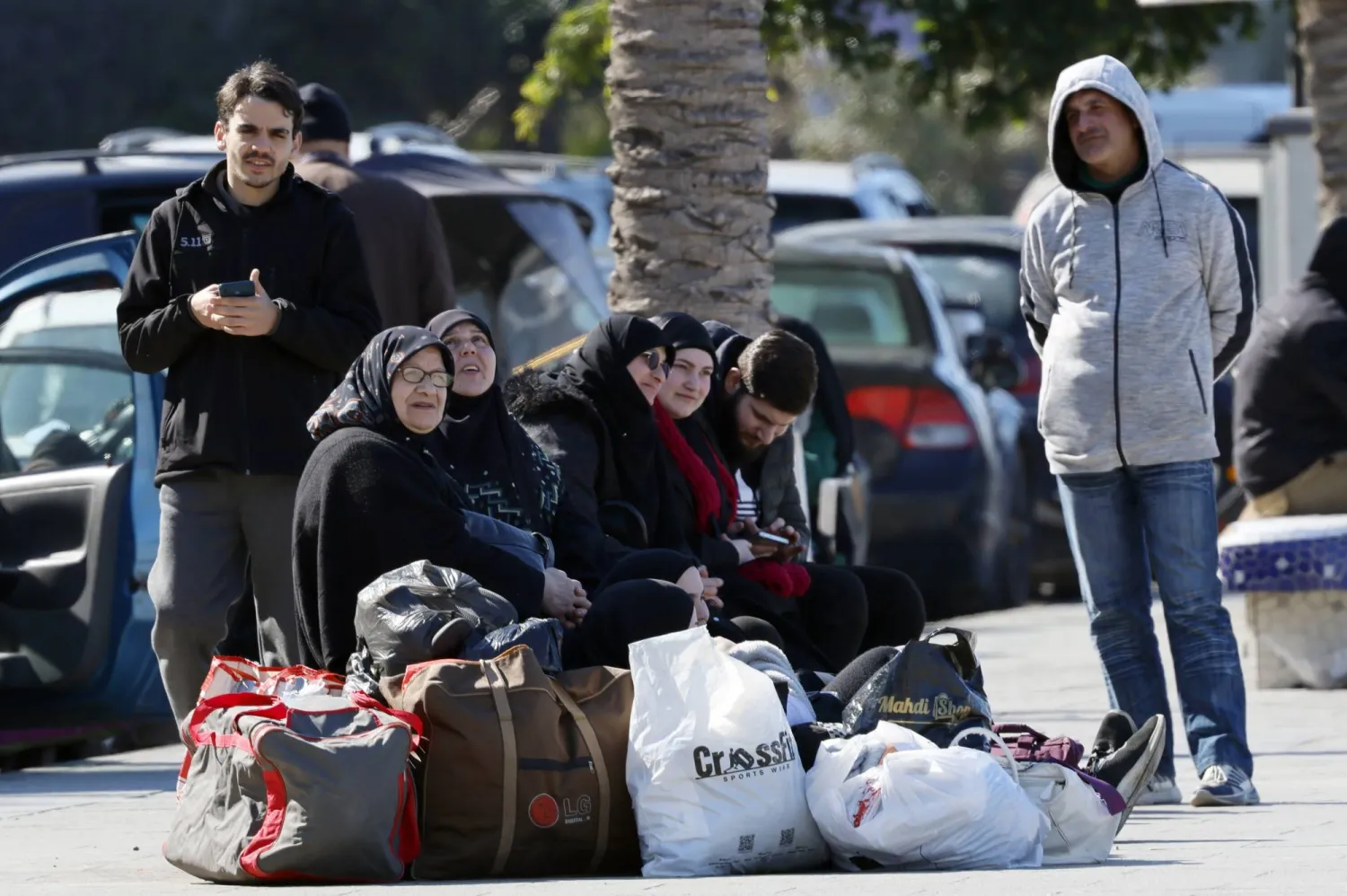The Houthi group forced public and private schools in Ibb governorate to allocate sectarian programs and activities as part of its programs, in parallel with a massive collection campaign to support the war effort.
Educational sources told Asharq Al-Awsat that Houthis committed a new wave of abuse at public schools, including expelling educators and forcing students and professionals to make donations.
Houthi Director of Education in Ibb Mohammad al-Ghazali forced education facilities, directors of education centers and schools, and officials in 22 districts affiliated with the governorate to harness their efforts to celebrate the “Martyr’s Week” anniversary.
He also asked them to hold exhibitions with pictures of the dead and organize collective visits to their graves.
- Threat of punishment
Educational sources reported that Houthi’s Education Minister Yahya al-Houthi issued circulars to education offices in Ibb and the rest of the governorates to organize the events and disseminate new activities.
They threatened punitive measures against educators and schools that refused the instructions.
Educational officials, teachers, school students, and parents rejected the Houthi instructions.
The director of a government school in Ibb, who asked not to be named, revealed that the group forced school principals to mobilize everyone to attend and participate in the group’s activities.
The group asked school principals in Ibb to submit the names of teachers who refused to participate in activities so that punitive measures could be taken against them despite not paying their salaries.
The school director told Asharq Al-Awsat that Houthi supervisors made field visits to educational institutions urging the need to reduce daily classes and intensify Houthi programs and activities.
- Frequent abuses
Regarding the Houthi group’s abuses against educators in Ibb,
Houthi Director of Education Mohammad al-Ghazali stormed the Arwa Girls School in Ibb, accompanied by armed men. He then expelled the school’s principal, Nadia al-Qadi.
The Houthi leader had previously dismissed the Martyr al-Sabahi and al-Thawra school directors after they were accused of carrying strikes with other teachers demanding salaries.
In a previous report, the World Bank highlighted the further deterioration of education in Yemen due to the ongoing conflict.
The World Bank stated that the quality of education worsened drastically across governorates amid increased dropout rates among students.
It pointed out that many Yemeni families send one or two of several children to school as they cannot afford to send them all.
The report revealed that there were main reasons that led to the noticeable deterioration in the quality of education, amid worsening teacher shortages, the lack of printed textbooks, deficiencies in infrastructure, overcrowded classrooms, deteriorating family income, the distance to schools, and the lack of transportation options.









